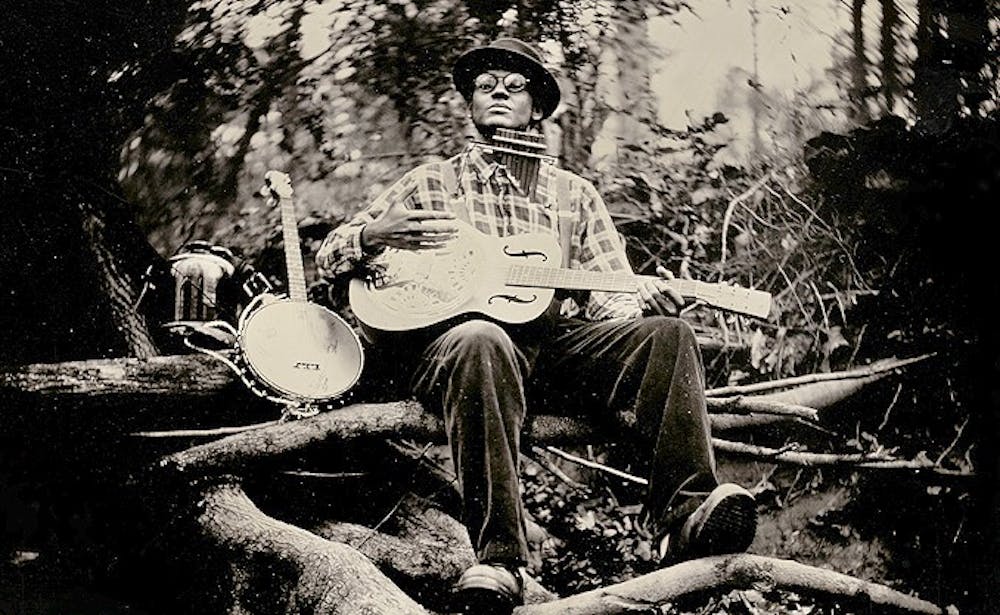Banjo enthusiasts, historians and musicians alike are strumming their way to UNC for a banjo jamboree.
The Southern Folklife Collection is hosting “The Banjo: Southern Roots, American Branches,” a symposium and concert, on Saturday.
Staff writer Deborah Strange talked with Dom Flemons of the Carolina Chocolate Drops, who will be one of the panelists and musicians in the program.
DAILY TAR HEEL: Why did you decide to participate in the program?
DOM FLEMONS: I’ve got a little bit of history in the area in Chapel Hill, and Wilson Library is one of the places I’d go to all the time.
We’re always more interested in the banjo and its history and bringing in more people to know about the music.
DTH: Is the event catered just to banjo fans, or could anyone follow along?
DF: It does sound like it’s very banjo-heavy and very specialized, but it really is a very multi-faceted history of our country. Anyone can join in.
Even if you can’t attend the panels, people should come to the concert because of the diversity of musicians and the diversity of music that’s played on the banjo. That’ll be just as interesting.




